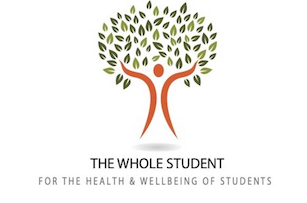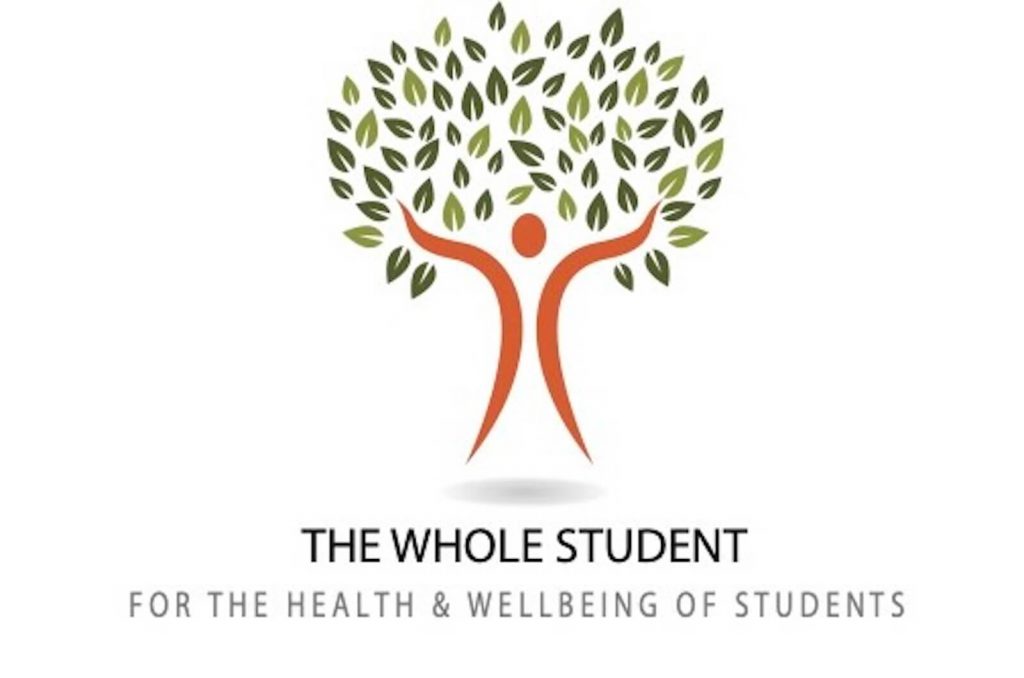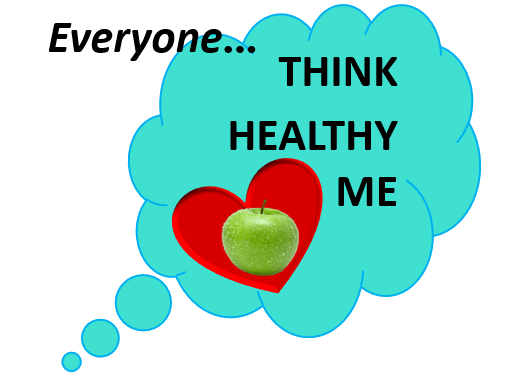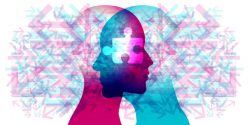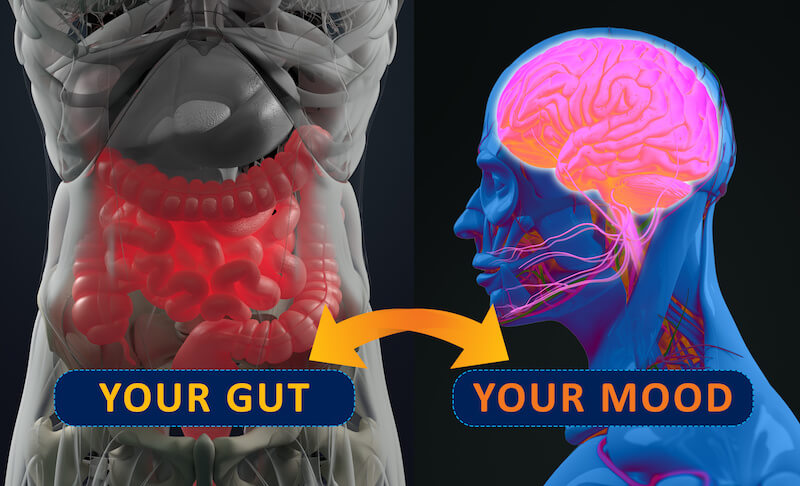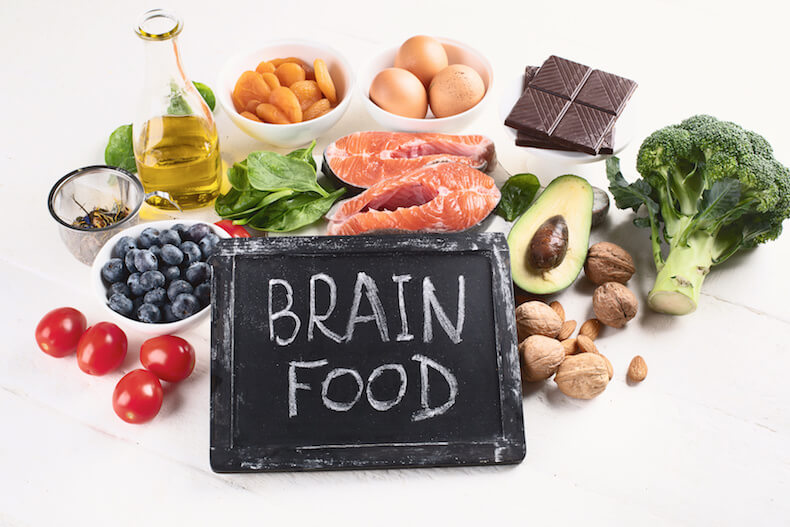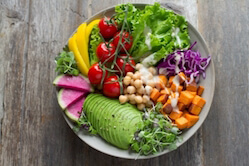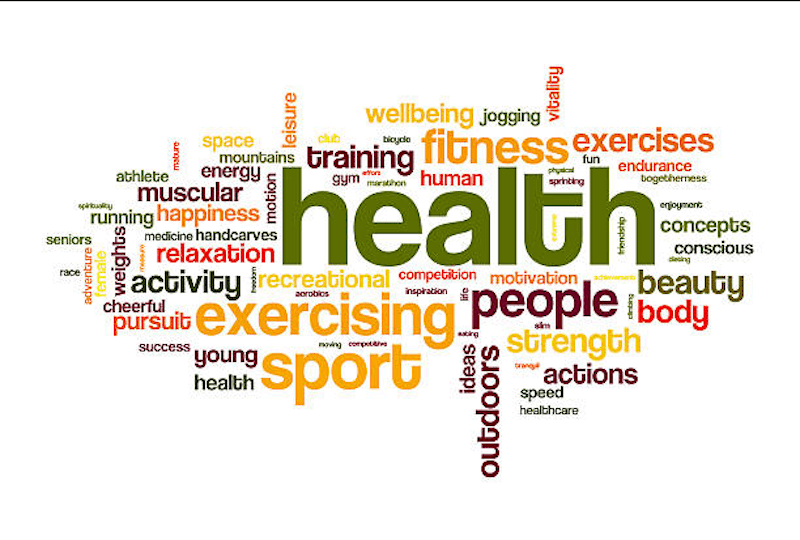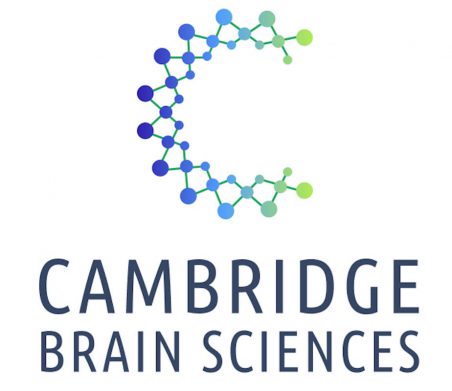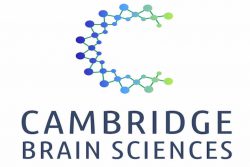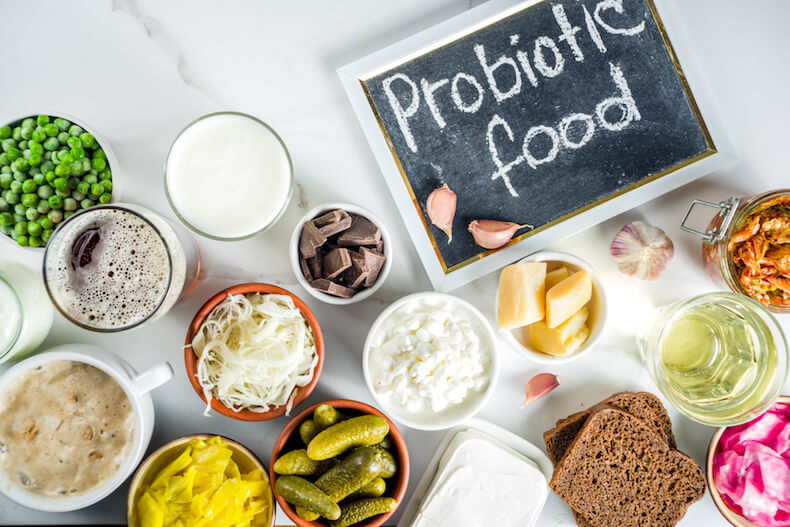Hear the words ‘sensory integration’ and you tend to think of occupational therapists and child development. We refer to the five senses (vision, hearing, touch, taste, smell) but go online and you discover it is a hotly-contested subject. Some scientists cite up to 33 senses! Why am I so interested? That’s because my recent Integrated Healing Retreat at Preidlhof in Italy made me realise just how much Covid has dulled everyone’s senses.
My stay at Preidlhof was profoundly restorative. It also reinforced my belief that we are more than the sum of our parts which the pandemic seemingly reduced everything to: symptoms and daily statistics. Preidlhof goes beyond medical diagnostics to treat the whole person. I was curious to learn more as it is rare to find such a concentration of so many extraordinary and highly skilled healers. I am sharing personal insights as there were some big surprises in store for me too!

Our senses shape our self and community
The past two years have been dehumanising, separating people from the outside world and others. In many cases I see in my own nutrition practice, people are disconnected also from themselves.
It is, however, our senses that unite us and provide meaning to the world around us, also our internal landscape.
Yes, Covid made us alert to our sense of taste and smell. However, with all the focus on symptoms, did people lose touch with what it is to be human and to be truly well? Did we actually take leave of our senses?!
It is a question I asked Patrizia Bortolin, Preidlhof’s award-winning Wellness Alchemist and leading Transformational Life Coach:
“We are seeing a big disconnect in our guests. Our senses are the starting point to enjoying life more (Hedonic Wellbeing). They enhance self-discovery and start the inner journey towards improving awareness, self-healing, and the development of our potential. They give us a better understanding of our mind’s limitations and our body’s intelligence… that sense of belonging and oneness,” says Patrizia Bortolin.
“Optimum health and wellbeing is more than about symptoms and diagnostics. Now you see so much anxiety and fear. Many, many people fear their own minds…” Patrizia continues.
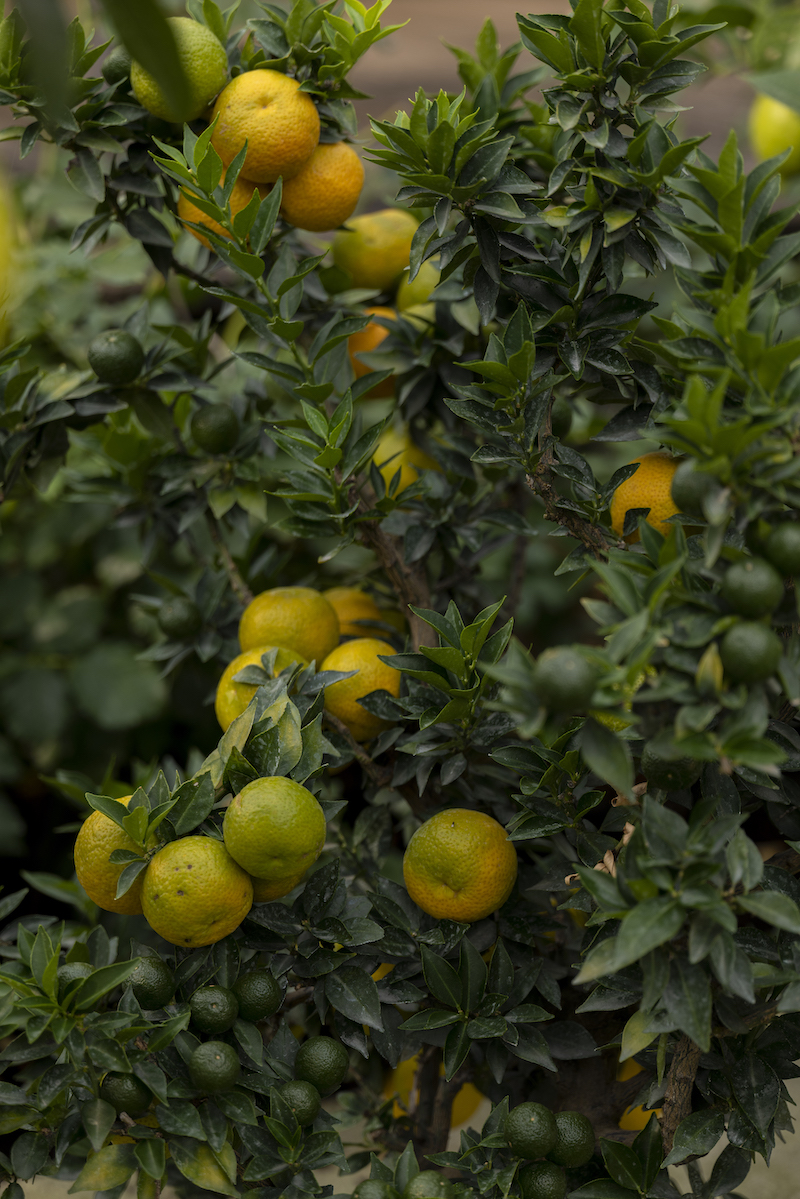

Preidlhof’s gardens are infused with the scent of 50 lemon and olive trees, cypresses, and aromatic herbs from all over the world. Images © Laura La Monaca
Senses are the doorway to perception
Our senses help us understand and perceive the world around us. How we perceive things is shaped by integrating information across our senses, across time, and across space as we move between different environments and people. This ‘sensorial integration’ or processing enables us to make sense of the world… Also, it lays the foundation of everything we do as a human being: our social and motor skills, also our emotional and cognitive wellbeing.
“A multi-sensory learning experience with combinations of visual, auditory and other sensory functions exploits the natural connectivity of the brain. As each sense holds a proprietary memory location within the brain, the effective orchestration of multiple sensory inputs ensures a wider degree of neural stimulation.”
Wolfe (2001)
Sensory integration is essential for cognitive health, and mental and emotional wellbeing.

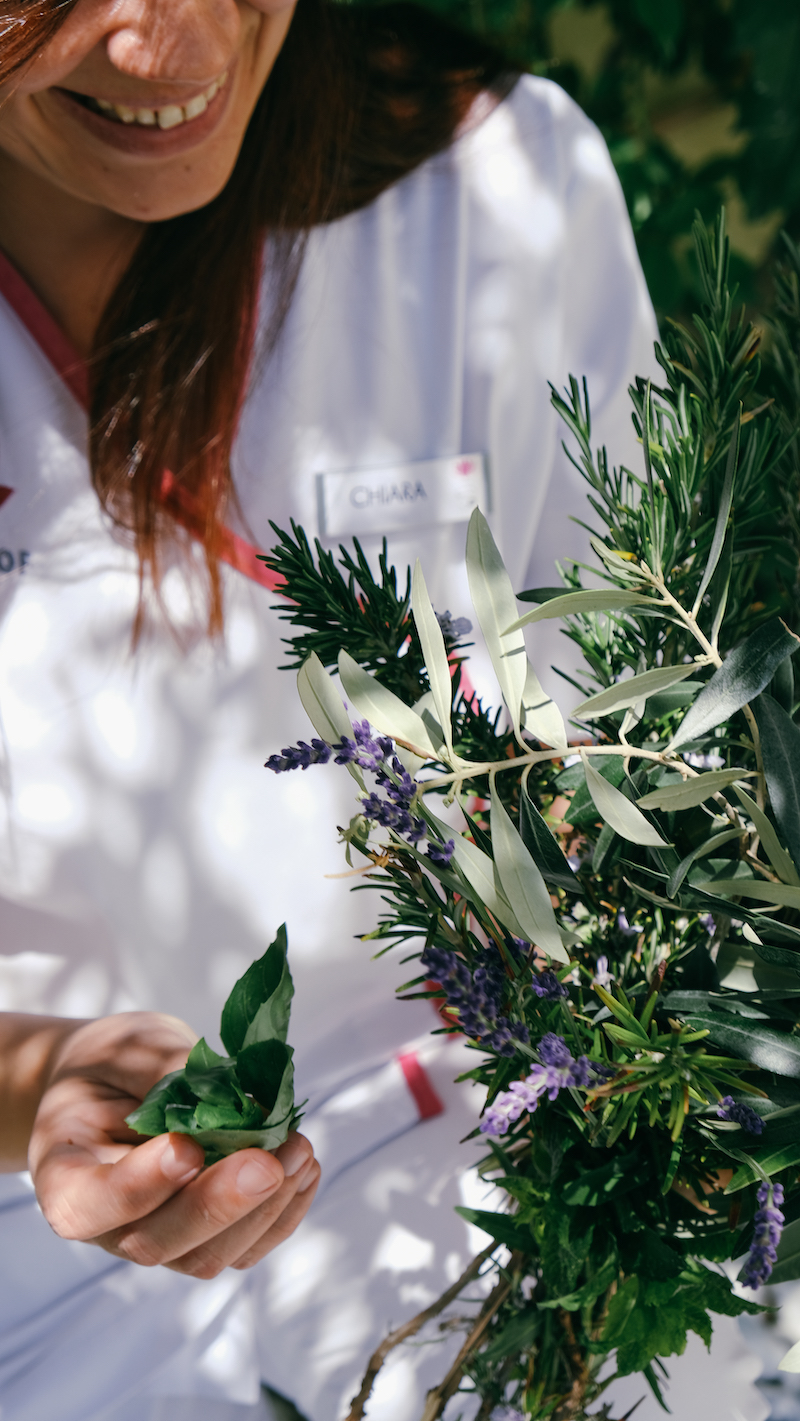
At Preidlhof, sensorial integration plays a pivotal role in their ‘transformational wellness’ offering. Patrizia’s own Transformational Wellness sessions blend a whole variety of senses with coaching. Colours, sights and smells all play a part along with mindful eating and sensorial eating classes.

Your sense of smell can enhance cognition
My initial Psychoaromatherapy session with Patrizia was revealing. I had to say if I liked or disliked a particular smell. From the findings, Patrizia suggested that my ‘pause/go’ button was stuck, and this inhibited my ability ‘to let pain go’ while conflicting with a strong desire ‘to take my power back’.
In a sensory analysis called ‘The Wheel of Life’, I had to see if I could detect a smell and if so, describe it. Then, Patrizia compared my description to see if it fell within an approved framework of descriptors. It was a fascinating exercise as I learned more about how the weakening of the olfactory sense, our ability to smell, can be an early detector of ageing and Alzheimer’s. Of course, odours take a direct route to the limbic system, including the amygdala and the hippocampus, the regions related to emotion and memory.
I became more alert to my own sense of smell when I moved from London to Kent. What I had always dismissed as ‘my weakest sense’ started to improve immeasurably. What’s more, I found myself seeking out new scents. Rediscovering your sense of smell is like reconnecting with an old friend. It unlocks memories and, during the worst of the lockdowns, when we couldn’t travel or see friends and family, I found solace tapping into those memory reserves.
Given our sense of smell’s frontline role in cognitive health, Patrizia encourages practice. She also recommends building an ‘olfactory vocabulary’, verbal descriptors. This helps to establish neural pathways and new ways of thinking.

The healing power of touch
Our sense of touch plays a primary role in our development and physical and mental well-being. Studies show the importance of physical contact in early development, communication, personal relationships, and fighting disease.
“Who do you want to kill?” asked Stefano Battaglia with a wry smile when we first meet at Preidlhof. Stefano, aka “The Shaman” had noticed that my right hand was pulling an imaginary trigger. Stefano is a healer famous in the wellness world for his work in grief and trauma healing. His signature ‘Glowing Flow’ sessions combine unique trauma touch skills, together with various bodywork techniques and dialogue.
It transpired that the ‘pause/go’ block that Patrizia had raised was also playing out in a tug of war in my right arm. I had slipped down the cellar stairs four months earlier, carrying some old curtains. At the time, my mind was racing at short notice of another Covid school closure. Ever since, my arm had been in constant pain, fizzing as though live with an electric current . It’s hard to describe what happened but Stefano deftly and ever so gently ‘defused’ the arm. It was like cutting a wire. The relief was immense and the results extraordinary. All achieved through touch and dialogue.
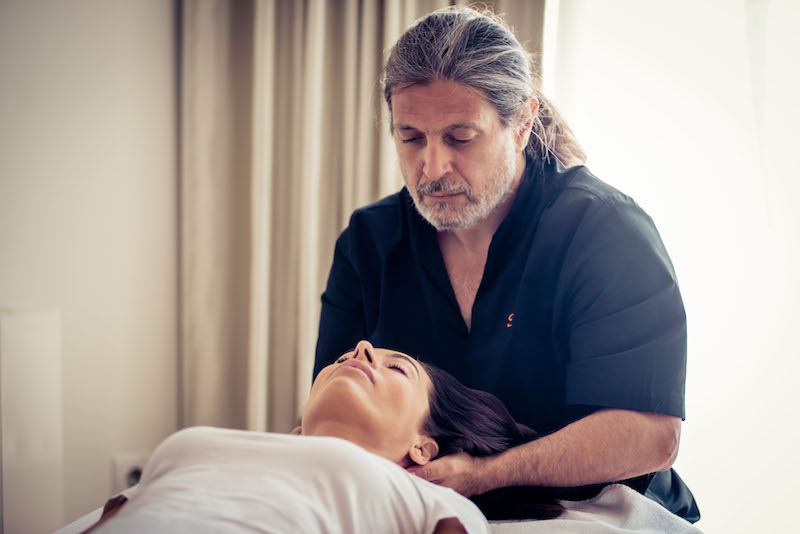
At the end of my session with Stefano, I experienced this incredible lightness. In fact, it felt like Stefano had removed a giant rock strapped to my chest and shoulders, and had hurled it across the Ortler Mountains. The benefits weren’t just physical; vivid flashbacks to a distressing time four years ago also dissolved behind distant peaks.
The session with Martin Kirchler was also integral to my healing. Martin’s a holistic practitioner and expert in TCM and Ancient Medicines. He applied various soothing touch techniques on my arm for over 80 minutes.
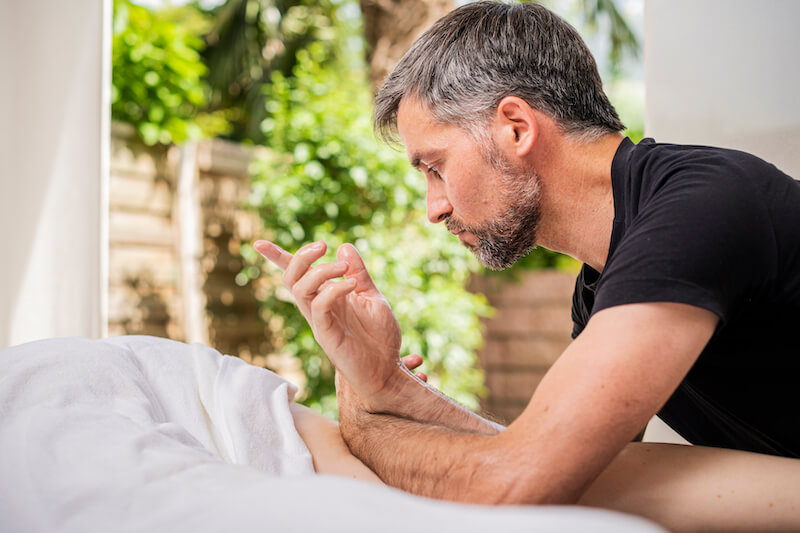
Martin explained that my parasympathetic nervous system had gone hyper as a result of the fall. “It’s like with the springs in a mattress… they recoil to cushion you from the initial blow, to protect you, but then they get stuck in a push-pull rebound.”
A multi-sensory experience
Other highlights of my stay included a heart-warming session with Shiatsu Master Andrea Martinelli; forest bathing with ‘Lady of the Woods’, Irmgard Moosmair; and a yoga nidra session with Psychologist Norma Jean. The yoga nidra reinforced the nights I slept under the stars on the bed made up for me on the loggia outside my room.

I loved waking up to the beautiful mountain scenery and hypnotic sounds of Val Venosta. As for the new Gourmet Healing Menu, that was fabulous and a delight in every sense!
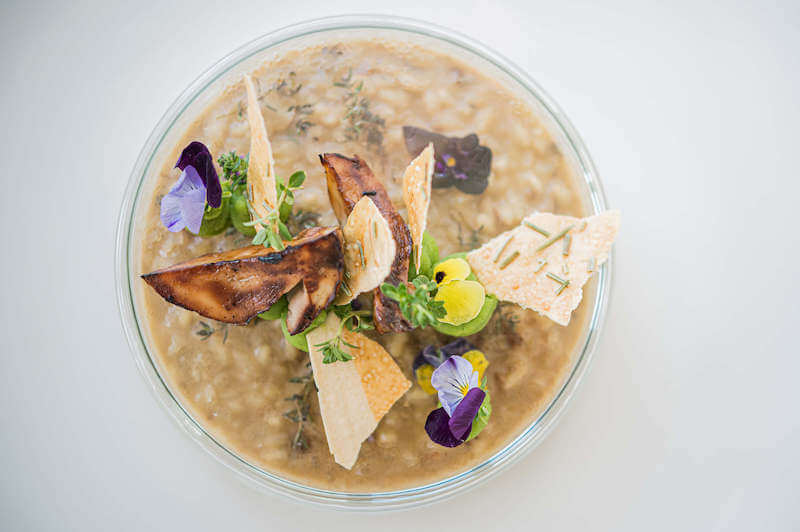
Preidlhof’s retreats stimulate guests physically, energetically, spiritually, psychologically, socially, and emotionally. They integrate ancient and contemporary healing treatments, sensorial experiences, special classes, nature immersion, medical analysis and smart technology, with the latest neurological and psychology research. All this, combined with the natural, high energy of the location, enables guests to discover a new, higher frequency in their everyday life.

Importantly…
Stefano likes to emphasise the importance of play. One of the big problems, he says, is that “We all take ourselves far too seriously. This makes us stiff. We‘re not meant to become rigid, we are basically here to evolve, preferably experiencing joy.”
How true is this?! Play is important for enhancing our sensory integration and that is why it is so essential in childhood development. In growing up, did we perhaps lose something precious on the way?
“Those enforced touch-deprived days perhaps made us understand the power of touch more.” Says Patrizia. “The tangible warmth emanating from a compassionate person… The power of a forbidden spontaneous handshake… The healing effect of an authentic therapist’s touch with no mask. The sacred rituality in a covert hug or the energy of an adventurous secret couple’s dance…”
I hugely benefited from my escape to Preidlhof. Now I encourage everyone to reinvigorate and cultivate those senses… for they can open up a whole new world!
For more information, visit Healing Holidays and Queen of Retreats.
Huge gratitude and special thanks to Klaus and Monika Ladurner; Patrizia Bortolin (you are amazing); Stefano Battaglia; Martin Kirchler; Dr. Alexander Angerer; Andrea Martinelli; Irmgard Moosmair; Norma Jean; Carmine Signorile (my brilliant Wellness Concierge); and all the Spa Team at Preidlhof. Also to James Leigh at Healing Holidays for all your brilliant travel advice!

